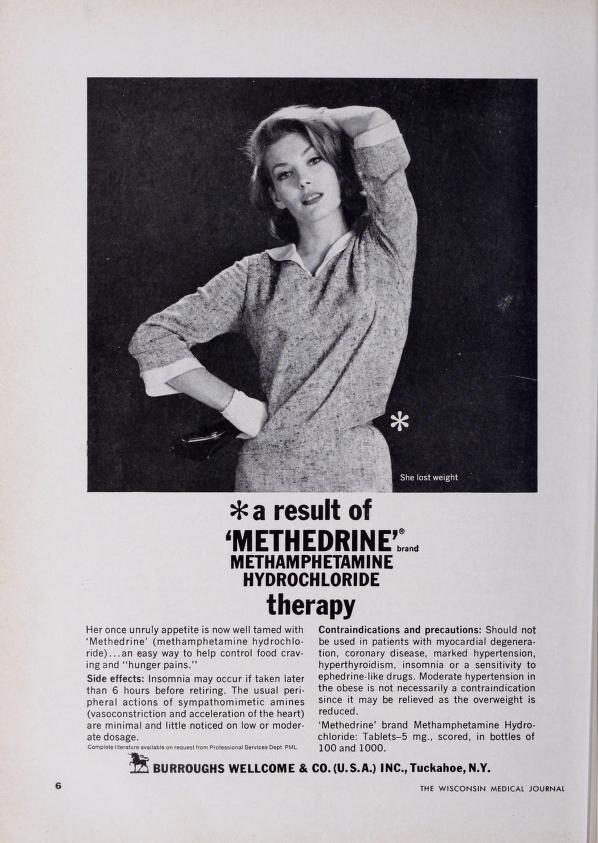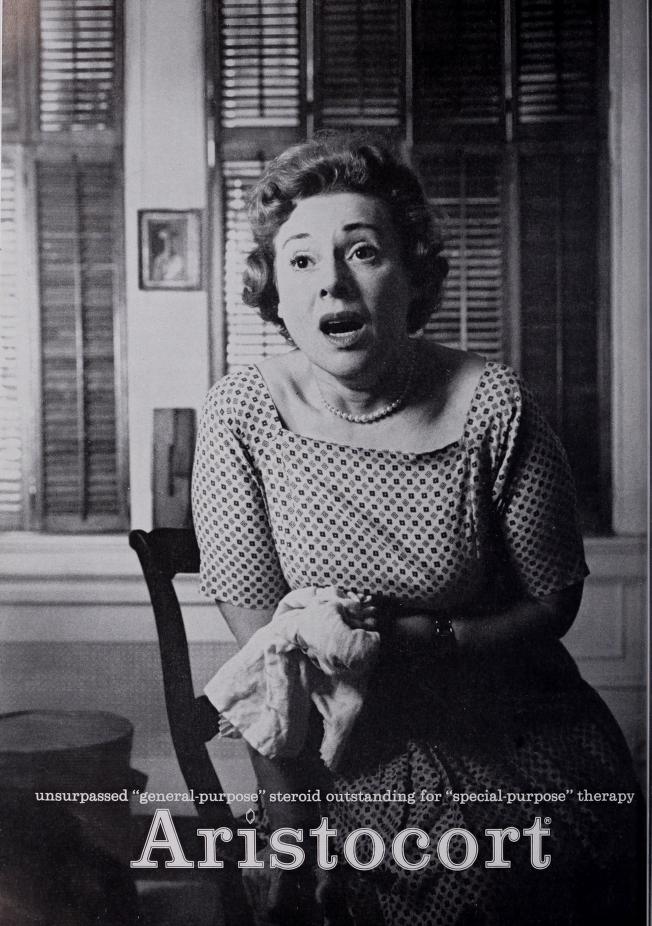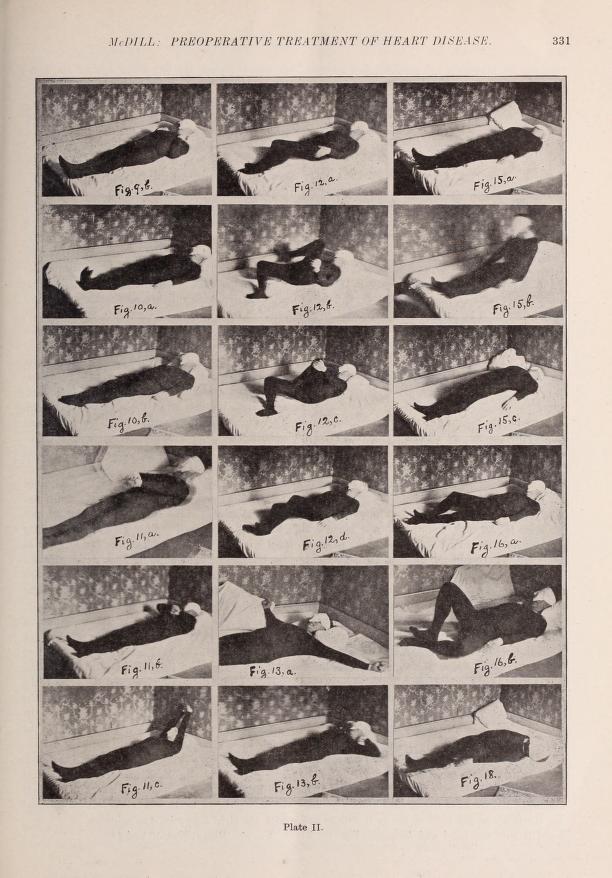As part of its partnership with the Medical Heritage Library, the Historical Medical Library (HML) of the College of Physicians of Philadelphia has completed a National Endowment for the Humanities-funded initiative Medicine at Ground Level: State Medical Societies, State Medical Journals, and the Development of American Medicine, 1900-2000.
The Medical Heritage Library has released 3,907 state medical society journal volumes free of charge for nearly 50 state medical societies, including those for the District of Columbia and Puerto Rico, through the Internet Archive (http://www.medicalheritage.org/content/state-medical-society-journals/). The journals – collectively held and digitized by Medical Heritage Library founders and principal contributors The College of Physicians of Philadelphia; the Center for the History of Medicine, Francis A. Countway Library of Medicine; The New York Academy of Medicine Library; the Library and Center for Knowledge Management at the University of California at San Francisco; the National Library of Medicine of the National Institutes of Health; the Augustus C. Long Health Sciences Library at Columbia University and Columbia University Libraries; and content contributor the Health Sciences and Human Services Library, University of Maryland, Founding Campus, with supplemental journal content provided by the Brown University Library, the Health Sciences Library of the University of North Carolina at Chapel Hill, the University of Pittsburgh Health Sciences Library System, and UT Southwestern Medical Center Health Sciences Digital Library and Learning Center – consist of almost three million pages that can be searched online and downloaded in a variety of formats.
State medical society journals document the transformation of American medicine at both the local and national level, serving as sites not only for scientific articles, but for medical talks, local news regarding the medical profession, pharmaceutical and device advertising, and unexpurgated musings on medicine and society throughout the 20th century.
Project supporter and former president of the American Association for the History of Medicine, Distinguished Professor of History Nancy J. Tomes, Stony Brook University, notes: “The value of this collection lies precisely in the insights state journals provide on issues of great contemporary interest. They shed light on questions at the heart of today’s policy debates: why do physicians treat specific diseases so differently in different parts of the country? Why is it such a challenge to develop and implement professional policies at the national level? How do state level developments in health insurance influence federal policy and vice versa? How do factors such as race, class, gender, and ethnicity affect therapeutic decision making? How have methods of promoting new therapies and technologies changed over time? These are issues of interest not only to historians but to political scientists, sociologists, and economists.”
The digitized collection offers unprecedented, centralized access to one of the richest resources concerning the evolution of American medicine. This project will open the texts to new forms of analysis in the digital humanities, such as those supporting the investigation of health trends and outcomes over time and region.
The content contributed from the Historical Medical Library for this project, as well as from an earlier project that digitized national medical association journals, extends the outreach of the Library to scholars across the globe. There have been nearly 575,000 downloads of content from HML collections since digital content was first made available in February 2013.
Journals were digitized between 2015 and 2017 through the National Endowment for the Humanities (grant number: PW-228226-15), with additional funding provided by the Harvard Library and the Arcadia Fund, as well as Harvard Medical School. All publications found in the collection are provided free of charge by individual journal publishers agreeing to open access for content currently under copyright. Created in 1965 as an independent federal agency, the National Endowment for the Humanities supports research and learning in history, literature, philosophy, and other areas of the humanities by funding selected, peer-reviewed proposals from around the nation. For more on the NEH Office of Digital Humanities visit http://www.neh.gov/about.
Beyond the Internet Archive’s portal through which MHL content is delivered, the Medical Heritage Library hosts state-by-state links to the journals (http://www.medicalheritage.org/content/state-medical-society-journals/journals-by-state/) and the MHL’s advanced search interface (http://mhl.countway.harvard.edu/search/), which offers full-text, proximity, date, and language searching among other features.



